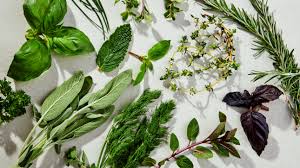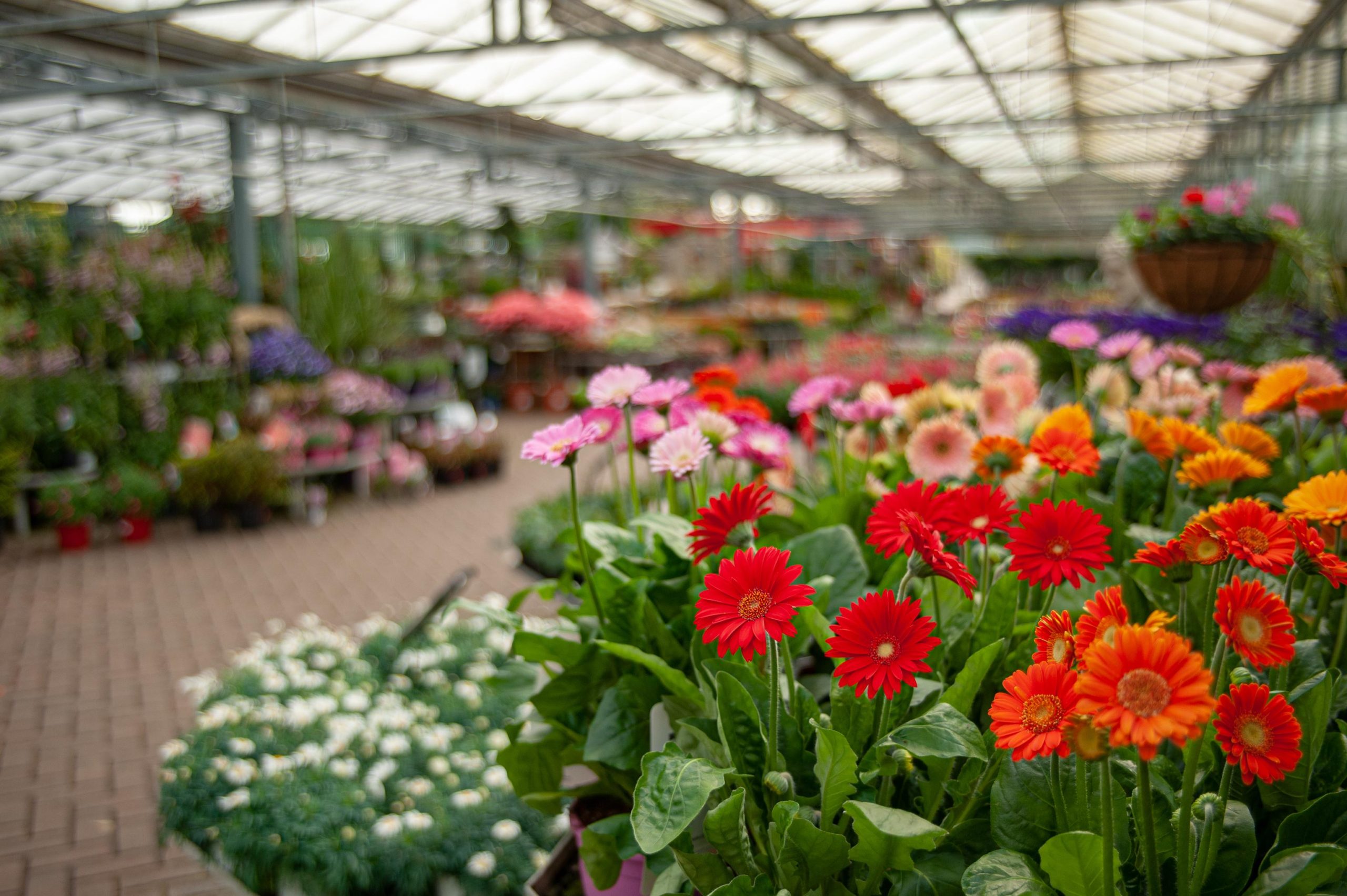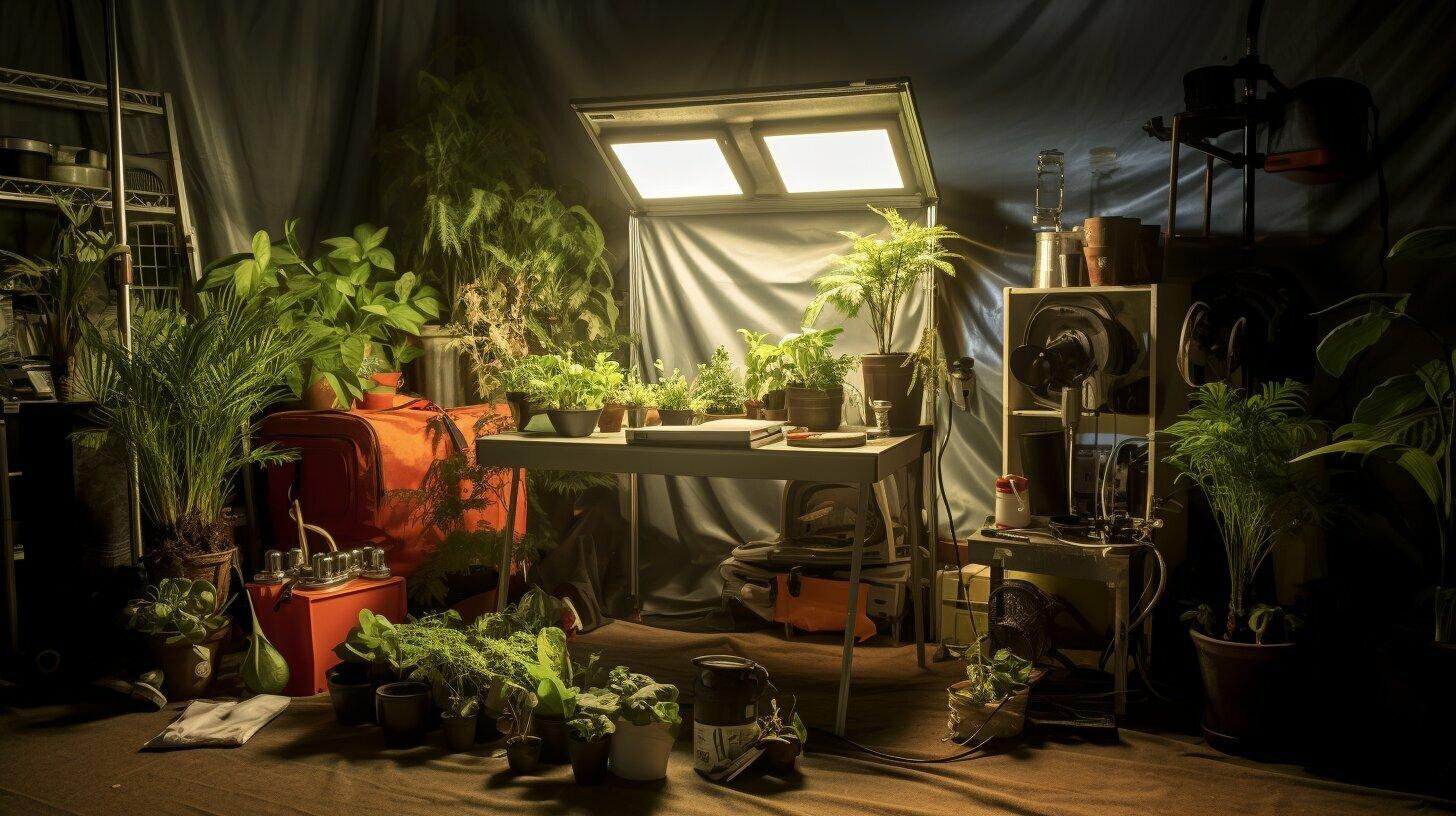Herbs, those aromatic plants with culinary, medicinal, and ornamental uses, have been cherished by humans for centuries. They add flavor, color, and fragrance to our lives, enriching our meals and our homes.
Common Culinary Herbs
- Basil: A versatile herb with sweet, slightly peppery notes, basil is a staple in Italian cuisine. It’s perfect for pesto, tomato sauces, and fresh salads.
- Oregano: This hardy herb adds a warm, earthy flavor to pizzas, pasta dishes, and grilled meats.
- Rosemary: With its pine-like aroma, rosemary is a classic herb for roasted meats, soups, and stews.
- Thyme: This versatile herb has a slightly minty flavor and pairs well with poultry, fish, and vegetables.
- Sage: Known for its earthy, slightly bitter flavor, sage is often used in stuffing, sausage, and poultry dishes.
- Dill: With its delicate, feathery leaves, dill adds a fresh, anise-like flavor to fish, salads, and pickles.
- Parsley: This versatile herb is used to garnish dishes, add flavor to soups and stews, and brighten up salads.
- Chives: A mild onion flavor, chives are perfect for garnishing dishes, adding flavor to soups, and using in spreads.
Medicinal Herbs
Many herbs have been used for centuries in traditional medicine. Some common medicinal herbs include:
- Lavender: Known for its calming properties, lavender is often used in aromatherapy and as a sleep aid.
- Chamomile: This herb is commonly used to soothe digestive issues and promote relaxation.
- Peppermint: Peppermint is known for its ability to relieve indigestion and soothe headaches.
- Ginger: Ginger is a popular remedy for nausea, indigestion, and inflammation.
Growing Your Own Herbs
Growing your own herbs is a rewarding experience. Here are a few tips:
- Choose the Right Location: Most herbs thrive in full sun, but some, like mint, prefer partial shade.
- Prepare the Soil: Ensure your soil is well-drained and rich in organic matter.
- Plant Your Herbs: Plant your herbs at the recommended spacing and water them regularly.
- Harvesting: Harvest herbs in the morning, when their essential oil content is highest.
- Storage: Fresh herbs can be stored in the refrigerator in a glass of water. For longer storage, you can dry or freeze them.
By incorporating herbs into your cooking and daily life, you can enhance your meals, promote wellness, and bring a touch of nature into your home.



